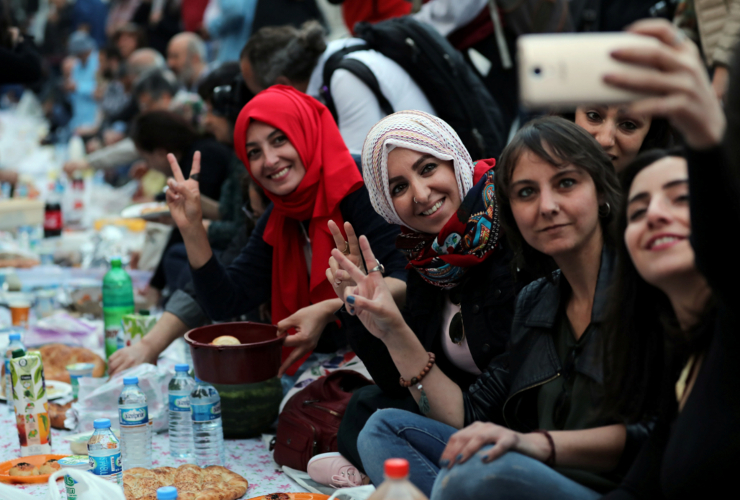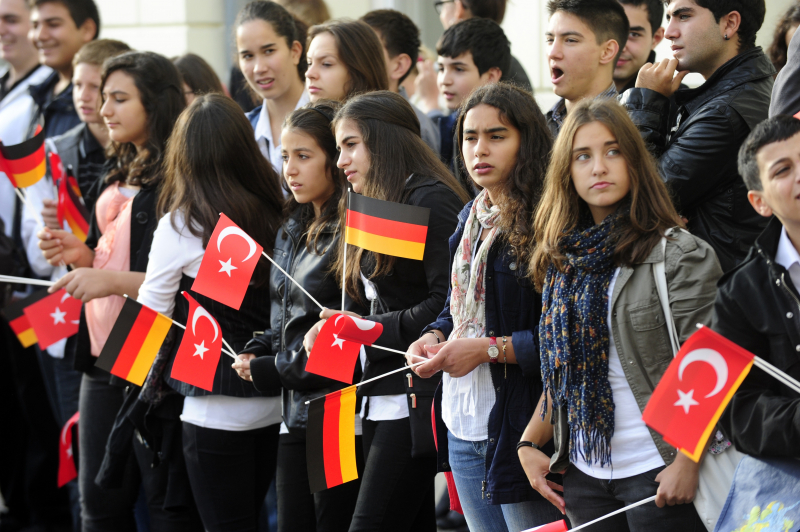Social division
The social stratification of the Turkish population is regarded as a Turkish tradition. Wealth and education are always regarded as the most important indicators of status. And if the first option is more or less obvious - Turks are very different from other peoples in the region in terms of their views on the role of money in society - the second option is far more intriguing.
University education is the minimum requirement for Turkish citizens to gain access to higher levels of society, regardless of their actual wealth. Previously, the high layers of society were represented by the Ottoman Empire's military and bureaucratic elite; however, "the focus of power" has clearly shifted to successful doctors, businessmen, politicians, and high-level officials. At the same time the "Westernization" of urban "upper class" is noticeable, the majority of whom speak at least one foreign language, they are familiar with the culture of the world and have close contact with foreign business, cultural and political circles.
However, the urban middle class (most government employees, small business owners, skilled workers, and students) has a strong affinity for Turkish culture, despite having a higher level of education than the upper class. This dualism, combined with the rapid population growth that is migrating to cities from the province, results in the formation of a very multi-faceted and mobile society that is characteristic of any Turkish city.











